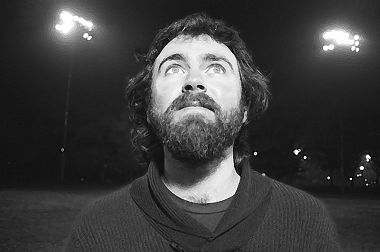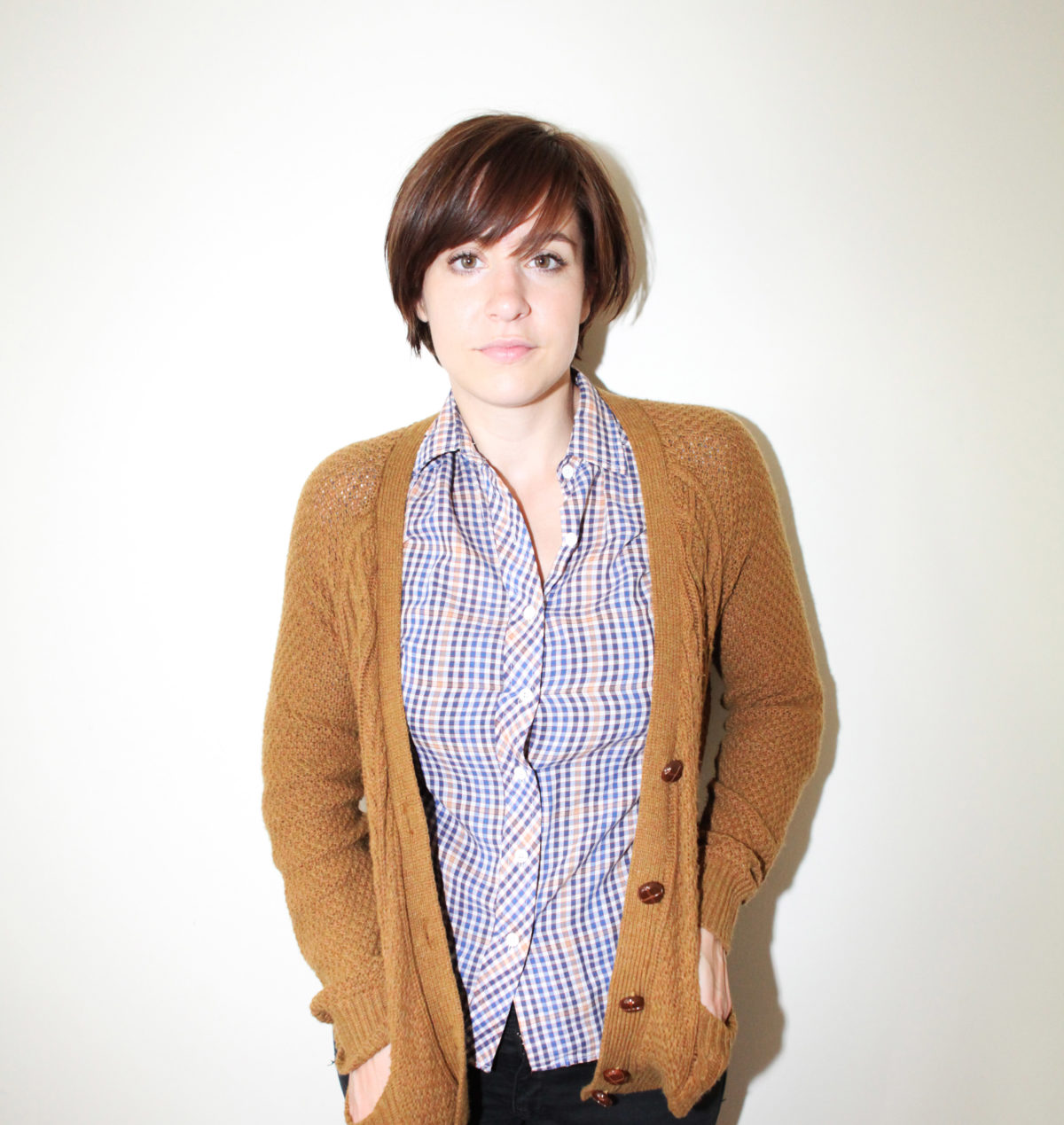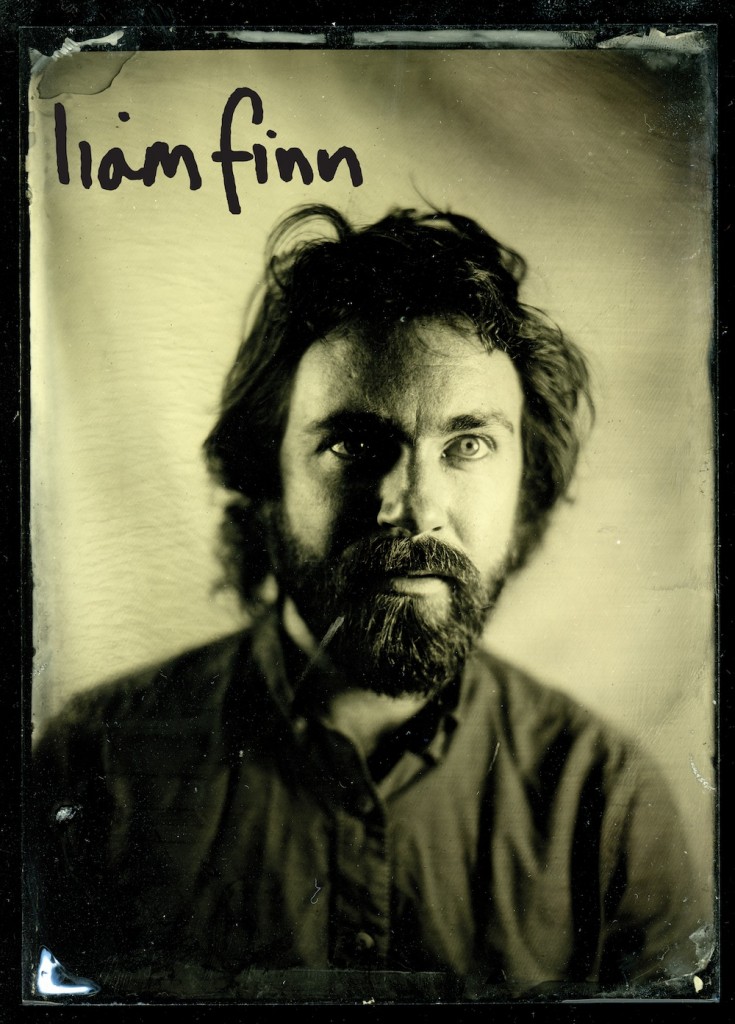Jul
19
with August Wells & Laura Stevenson
Sat July 19th, 2014
7:00PM
Main Space
Minimum Age: 18+
Doors Open: 6:00PM
Show Time: 7:00PM
Event Ticket: $12
Day of Show: $14
This is a general admission, standing event. Happy hour from 6-7pm including $3 beer and $5 well drinks.
2
Liam Finn

‘The Nihilist’ might sound like a dark title for a record, but Liam Finn begs to differ. “There’s an idea of nihilism as being quite a negative or macabre concept, but it really isn’t at all,” the New Zealand native says excitedly. “I like the idea that maybe everything we think we know about this reality or have come to believe is potentially untrue.”
The truth is, Liam Finn’s music has always existed in its own distinct reality of other-worldly arrangements and blissfully catchy hooks. His debut album, ‘I’ll Be Lightning,’ earned Artist to Watch accolades from The Wall Street Journal, Rolling Stone, Spin, Stereogum and more, along with performances on Letterman and Ferguson. Entertainment Weekly hailed his “effervescent choruses [and] swooning harmonies,” while Billboard called the record a “charmer.” He toured the world, sharing stages with the likes of Eddie Vedder, The Black Keys, and Wilco along the way, and in 2011, he released his follow-up, ‘FOMO,’ to further critical acclaim, with SPIN saying the album “blends sophisticated melodies and wistful vocals with masterful authority.”
‘The Nihilst,’ his third solo record, builds on all those strengths, pushing his songwriting and arrangements into more refined and mature dimensions, a notion he attributes as much to geography as anything.
Finn found a studio space not far from his new home in Greenpoint, Brooklyn with windows overlooking the Manhattan skyline. “As soon as I found my own space to bunker down, the songs started taking shape,” he says. “There was a surreal feeling created through the energy of where I was and looking over at Manhattan and seeing it as a subconscious dimension, an entity in itself where every story under the sun was happening all at once. Any fantasy or fear you have in your own mind is probably playing out in reality in Manhattan at any one time.”
Finn used the inspiration to explore new perspectives and deeper levels of his own psyche. Playing 67 instruments, he maniacally assembled the album along with frequent bandmates/collaborators Eliza Jane Barnes (vocals), his brother Elroy (drums), and fellow New Zealand songwriter Jol Mulholland (bass) in sessions entirely between the hours of sunset and sunrise.
“It turned into this very weird existence,” he explains. “I worked myself up into a frenzy to be able to inhabit the character that was created in each of these songs. They feel more personal to me than ever before, but they’re written out of the idea of being someone else.”
The album opens with “Ocean Emmanuelle,” a dreamy, collaborative effort with Mulholland that sets a tone of troubled beauty. “Snug As Fuck,” a melodic and fantastical duet with frequent collaborator Barnes, bridges the gap between Finn’s work as a teenager in the acclaimed New Zealand band Betchadupa and his current solo career, while “Burn Up The Road” is an infectious fuzzed up rocker. “4 Track Stomper” builds a distorted beat on an old four-track tape recorder into an off-kilter masterpiece, and the album’s eerie, percussive title track was actually born as an a capella arrangement during a jam with Elroy.
“There’s quite a groovy, irreverent swagger to it,” Liam says, “but there’s always this slight element of unhinged tension.”
It’s a fitting description for the record as a whole, which, much like the city that captured Finn’s imagination as he watched from across the river, balances moments of triumph and anxiety as he channels its countless characters’ inner workings through his own musical prism to reveal his finest, most sophisticated work yet.
Liam Finn on Facebook
Liam Finn on Tumblr
Liam Finn on Twitter
August Wells

In Dublin and London, Ken Griffin recorded Shoulder Voices for Beggars Banquet label and Horsedrawn Wishes for Warner Bros. Records with Rollerskate Skinny and Dead City Sunbeams with Kid Silver. In New York City, with The Favourite Sons, Ken recorded Down Beside Your Beauty and The Great Deal of Love.
John Rauchenberger is a New York City piano player who has played with The Favourite Sons, Maggie Estep, J.C Morrison, Dee Pop, Daniel Carter and Dave Sewelson.
Sasha Vine is a Violinist from London England who has performed with The Sian Alice Group, Mike Bones, Ryan Sawyer, Patrick Holmes and
Charles Gayle.
Louis Schwadron leads the psych-pop band SKY WHITE TIGER and has recorded and performed with artists as far reaching as Radiohead, David Bowie, Elton John, Sufjan Stevens, Grizzly Bear, The National, St. Vincent, and a batch of supporting US tour dates with Rufus Wainwright.
August Wells official site
Laura Stevenson

Laura Stevenson official site | Laura Stevenson on Facebook | Laura Stevenson on Twitter | Laura Stevenson on Bandcamp
Laura Stevenson is finally learning not to worry. After more than a year of national and worldwide touring following the release of her critically acclaimed album Wheel, both headlining, and alongside such varied acts as Against Me!, The Go-Go’s, Kevin Devine, Tim Kasher of Cursive, and The Gaslight Anthem, the songwriter made the move from her between-tour home base of Brooklyn, to upstate New York’s Hudson River Valley. There, she rented a nineteenth- century Victorian, a former brothel in a cement-mining town-turned hippie-enclave, and converted the attic into a makeshift studio. It was in this space that she and her band went to work arranging and demoing the eleven songs she had written that would make up Cocksure, Stevenson’s fourth album. The record features musicians Mike Campbell, Alex Billig and Peter Naddeo, who in various incarnations have performed with her for over seven years, as well as newcomer Samantha Niss, a long-time Hudson Valley resident and the veritable go-to drummer of the region.
Where 2013’s Wheel was full of lingering uncertainty, harkening to Stevenson’s folk and country leanings, Cocksure is a straightforward, to the point, emboldened rock and roll album. Although some existential dread still peaks through the cracks, Stevenson treats themes as heavy-hearted as sudden and tragic death, self-imposed exile in small windowless rooms, and that back-of-your- mind anxiety that the road you’re on may not be the right one, as their own signs of life; a life that is brightly colored by those realities.
With influences ranging from The Lemonheads, Liz Phair, and The Replacements, to early Weezer and the Smoking Popes, Cocksure maintains Stevenson’s unique vulnerability, and steadfast devotion to a solid and honest melody. In the writing process, she challenged herself to be true to whatever was going to come out of her, with many of the tracks featuring melodies that were purely stream of consciousness. “I felt like over-working it would suck some of the spirit out of the songs… this record needed that spontaneity. Spending so much time editing and second guessing yourself takes all the life out of it.”
This sense of spontaneity was maintained in the way Cocksure was recorded. In May of 2015, Stevenson and her band traveled city-bound to Room 17, a studio located in her old neighborhood of Bushwick, Brooklyn. “It’s this very positive and amazing space, and Joe Rogers, the engineer, was so enthusiastic about what we were doing. Everyone was comfortable enough to just really play and not get caught up in anything else.” All the main instrumentation on Cocksure was performed live, no clicks/no punches, under the watchful eyes of Rogers and producer Jeff Rosenstock, Stevenson’s long-time friend and collaborator. “Jeff was the perfect person for the job. All of his Bomb The Music Industry! and solo recordings have this energy to them, they’re like living things. I wanted to capture some of the magic he has.” The album was later mixed and mastered by Jack Shirley (Joyce Manor, Deafheaven, Tony Molina) at Atomic Garden Studios in Palo Alto, CA.
Self-assurance is a new hat for Stevenson, and on Cocksure she confronts her usual tendencies toward self-deprecation head-on. “It’s freeing to stop being so hard on yourself, and to quiet down all of the outside noise,” she says. “Once you’re able to do that, you can actually write what you should be writing.”
photo credit: Shervin Lainez


